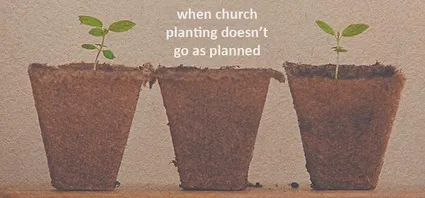
US: Starbucks’ mermaids
In February, Starbucks launched a partnership with controversial charity Mermaids. For each mermaid cookie sold, the coffee chain plans to donate the equivalent of 50p to the trans-supporting charity.
Starbucks released an advert where a girl goes through her day being referred to by her female name by people in her school, and at home. Finally, when she gets to Starbucks and they ask her name to write on the coffee cup she says ‘James’. The girl is shown to be loved by Starbucks and their inclusive attitude.

Scotland’s shocking sex ed.
A report in the Highland Times at the end of January drew en’s attention to the content of the Scottish curriculum for sex education, which is explicit and teaches pornography in a positive way.
For children aged ten+, a cartoon about pornography includes an audible reference to watching bestiality. Whilst teaching about the objectification of women, the cartoons objectify women. Anal sex is normalised even though it carries a higher risk of STIs and causes physical damage.

Surveying infertile soil
There has been a proliferation of church planting in recent years amongst many and varied streams of the evangelical church, both in the UK and around the world. Much of the time that can certainly be seen as a very positive and exciting thing. However, along with the advances and successes there are also many struggling plants and, sadly, a good number which have failed despite initial high hopes.
A new study based in the UK, but engaging with a broad range of pastors and networks from all over the world, is seeking to listen to, and learn from, the stories of plants that have not gone as ‘hoped or expected’. Perhaps a plant has ended up having to shut down, or is just limping along, or maybe, after an extended period of significant struggle, is now thriving. The hope is that as these examples are considered, healthier churches will be planted with pastors being better equipped and, along with sending churches, having more realistic expectations of the process. Part of the research also seeks to understand how planters who have struggled have been cared for during what is often a very painful process.